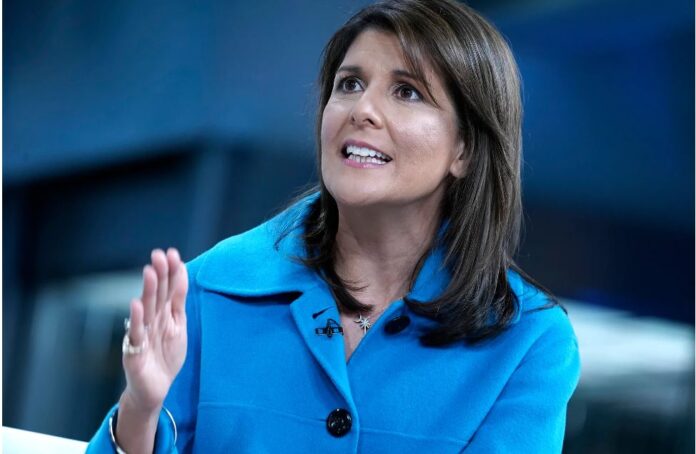Jacob Davis
CSMS Magazine
The Iowa caucus has long held a significant role in shaping the trajectory of presidential campaigns, especially within the Republican Party. The long list of candidates in the beginning has dwindled a bit due to lack of support. The latest to date is former New Jersey Chris Christie who dropped out of the race this week after realizing his impossibility to win against his fellow candidates, especially former president Donald Trump whose popularity among Republican voters has never waned.
The caucus takes place next Tuesday. As the first major contest in the nominating process, its impact reverberates through the rest of the election cycle, influencing candidate strategies, fundraising efforts, and voter perceptions. In the context of the 2024 election, the Iowa caucus is proving to be a crucial battleground that is significantly impacting the Republican Party’s dynamics.
One of the primary ways in which the Iowa caucus affects the Republican Party is by serving as a litmus test for candidate viability. Historically, candidates who perform well in Iowa gain momentum and attract increased attention and support from both voters and donors. A strong showing in Iowa can solidify a candidate’s position as a frontrunner, while underperforming or failing to meet expectations can lead to a loss of momentum and financial backing.
Furthermore, the Iowa caucus sets the tone for the narratives surrounding candidates. Media coverage following the caucus heavily influences public perception, potentially shaping the image of candidates as viable contenders or as struggling to gain traction. This can significantly impact a candidate’s ability to garner support not only in subsequent primaries but also among voters nationwide.
The Iowa caucus also plays a pivotal role in defining the issues and policy priorities that resonate with Republican voters. Candidates often tailor their campaign messages and policy platforms based on the preferences expressed by Iowa caucus-goers, aiming to align with the concerns of this influential demographic. The issues highlighted in Iowa can set the agenda for the rest of the primary season, impacting how candidates craft their messaging to appeal to the broader Republican electorate.
Moreover, the Iowa caucus serves as a barometer of the Republican Party’s ideological landscape. It provides insights into the preferences of conservative voters, indicating whether there is a shift towards particular ideologies or issues within the party. Candidates who align closely with the prevailing sentiments in Iowa may gain an advantage in subsequent primaries by appealing to similar voter demographics across different states. As candidates vie for support and momentum in Iowa, the outcomes will undoubtedly influence the dynamics and strategies within the Republican Party as they navigate the path towards securing the nomination.
Note: Jacob Davis is editor at large for CSMS Magazine. He also writes on sociopolitical issues.
Also see: Donald Trump’s legal troubles and the Republicans’ dilemma


